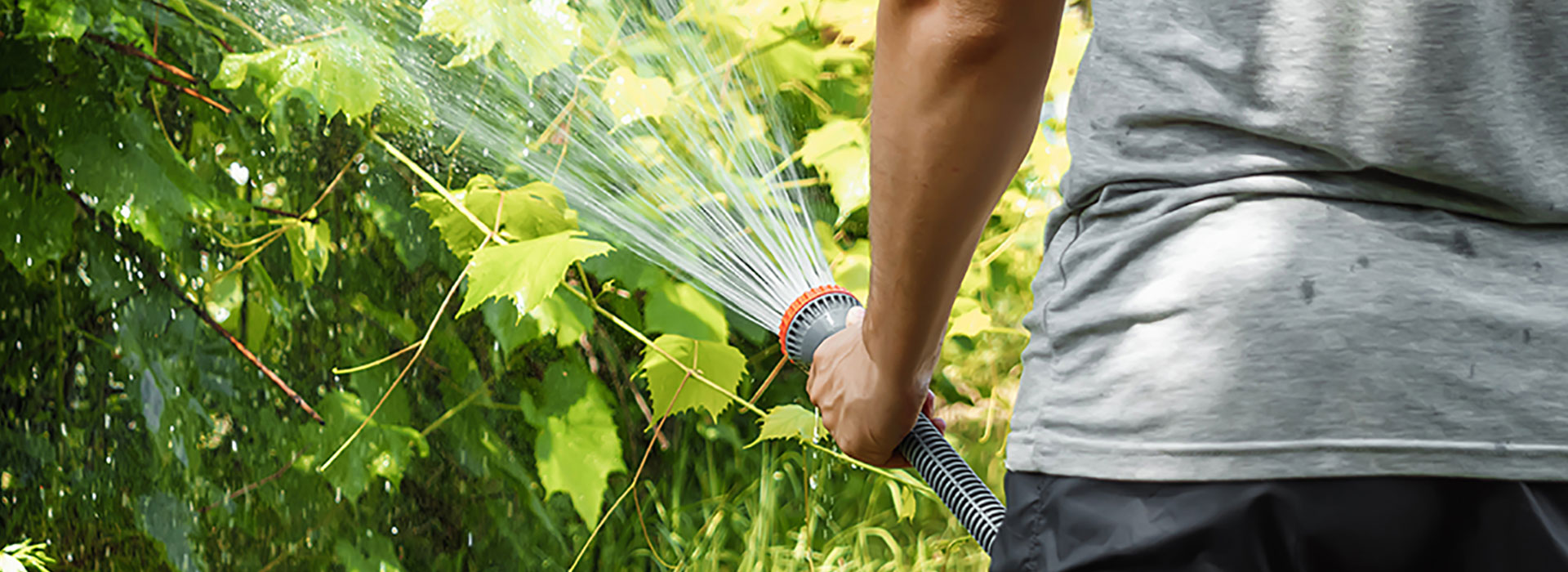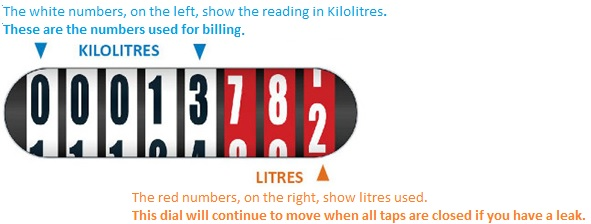Water Services

About our water
Banana Shire Council operates a total of 11 water supply schemes. These include Banana, Baralaba, Biloela, Callide Dam, Cracow (trickle feed system), Goovigen, Moura, Taroom, Thangool, Theodore and Wowan. Restricted Raw Water schemes are provided at Taroom and Baralaba. Goovigen and Wowan rely on groundwater that is untreated other than by chlorination.
Council has determined and set an appropriate level of Customer Service Standards for a range of performance indicators based on historical records for its water supply and sewerage services.
Water quality
We are committed to ensuring that everyone in the water supply scheme has access to high quality drinking water. Banana Shire Council’s town water supplies are subject to strict water quality testing that includes analysis at Qld Health laboratories. Our water is tested regularly to ensure it complies with the Australian Drinking Water Guidelines.
For further information in regards to discolored water please refer to the discolored water factsheet.
Application forms
Approval from Council Water Services section is required if you wish to access Council water and sewer services and/or facilities which include:
- Taking water from hydrant
- Connection or disconnection of water services (water meter)
- Connection of Baralaba or Taroom raw water services
- Water meter and pressure testing
- Access to Council standpipe facilities (Recycled water and/or potable water)
- Water and sewer location search
Water Restrictions
Residents and property owners of Banana Shire are advised that the water restrictions listed below apply to water used from the town supplies.For tips on how to save water at home, please refer to saving water at home factsheet.
Reviewed date: 07/01/2025
For further information regarding restrictions please refer to the current Water Restrictions Policy
To apply for exemption for water restriction - please complete and submit the application form for assessment
Water Meters
Banana Shire Council's water meters are read twice a year by our water meter readers and may also be checked at random. Further details regarding the charges are provided on the rate notice. Raw water schemes billed as per budget resolution.
How to read your water meter
The following diagram helps you read your water meter and keep track of how much water your household is using. Most meters are metric and read in kilolitres as follows:

This reads 13.782 Kilolotres which is equivalent to 13,782 litres
Water leaks – Who is responsible?
It is inevitable that water pipes and fittings will leak. As the property owner, you are responsible for any leaks occurring on the property side of the water meter. Council is responsible for any water leaks at the water meter and on the road side of the water meter. Water leaks on the road side of the water meter will not result in a consumption charge for you as the water has not yet passed through the water meter. Council will repair all leaks on the road side of the water meter at no charge
Leaks and Consumption test
If you believe that the reading on your Water Notice is excessive, you should conduct a leak and consumption test at home to determine if you have an internal leak that may be the cause of the high usage.
How to conduct a leak test
- Turn off all taps on the property
- Take a reading of the water meter (all digits)
- Do not use any water for a period of an hour
- Take another reading of the water meter after the hour
If the meter reading has changed and shows consumption then this would indicate there is a leak within the internal system. An internal leak is the responsibility of the property owner as it occurs within their property boundaries. A licensed plumber should be contacted to fix an internal leak.
Refer to detecting water leak fact sheet for further information
Department of Energy and Water Supply - KPI Reports
Banana Shire Council is required by the Department of Energy and Water Supply to submit annual data for water and sewerage key performance indicators for each financial year.
- 2023-24 KPI Report
- 2022-23 KPI Report
- 2021-22 KPI Report
- 2020-21 KPI Report
- 2019-20 KPI Report
- 2018-19 KPI Report
- 2017-18 KPI Report
- 2016-17 KPI Report
- 2015-16 KPI Report
- 2014-15 KPI Report
The KPI data includes:
- Number and capacity of treatment plants
- Number of connected properties, storage capacity and network size
- Volumes of water and sewerage treated
- Costs and revenues of the water utility
- Customer service records
- Billing information to compare across service providers
An information sheet “Fact or Furphey KPI” is available from the Queensland Water Directorate.
Drinking Water Service Annual Report
These reports document the performance of the water quality and the implementation of actions detailed in the Drinking Water Quality Management Plan required under the Water Supply (Safety and Reliability) Act 2008.
It assists the regulator to determine compliance with the current approved DWQMP and provides a public report on the council’s management of drinking water.
Aqualus Water
Banana Shire Council have initiated a free service that assists ratepayers to manage their water consumption. Once you sign up you will receive access to your home's individual water consumption information via the Aqualus Water website.

